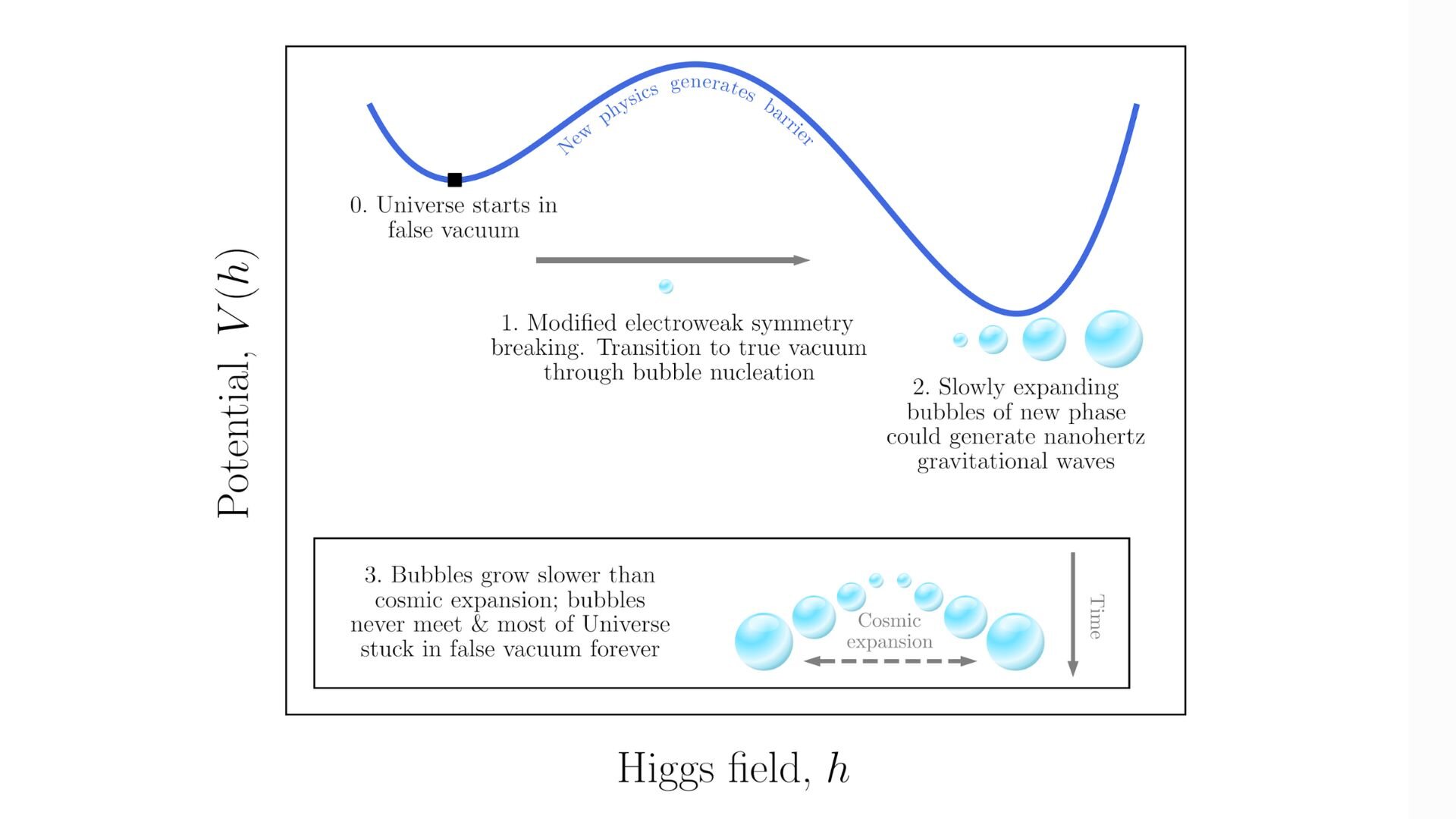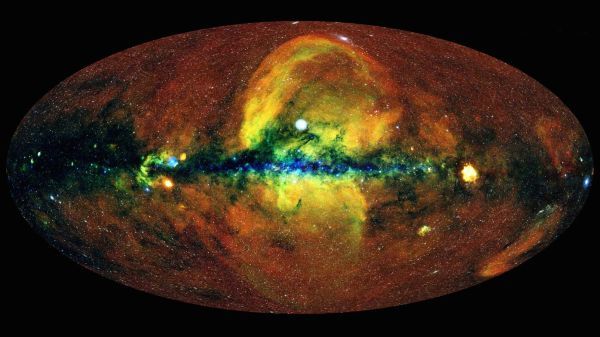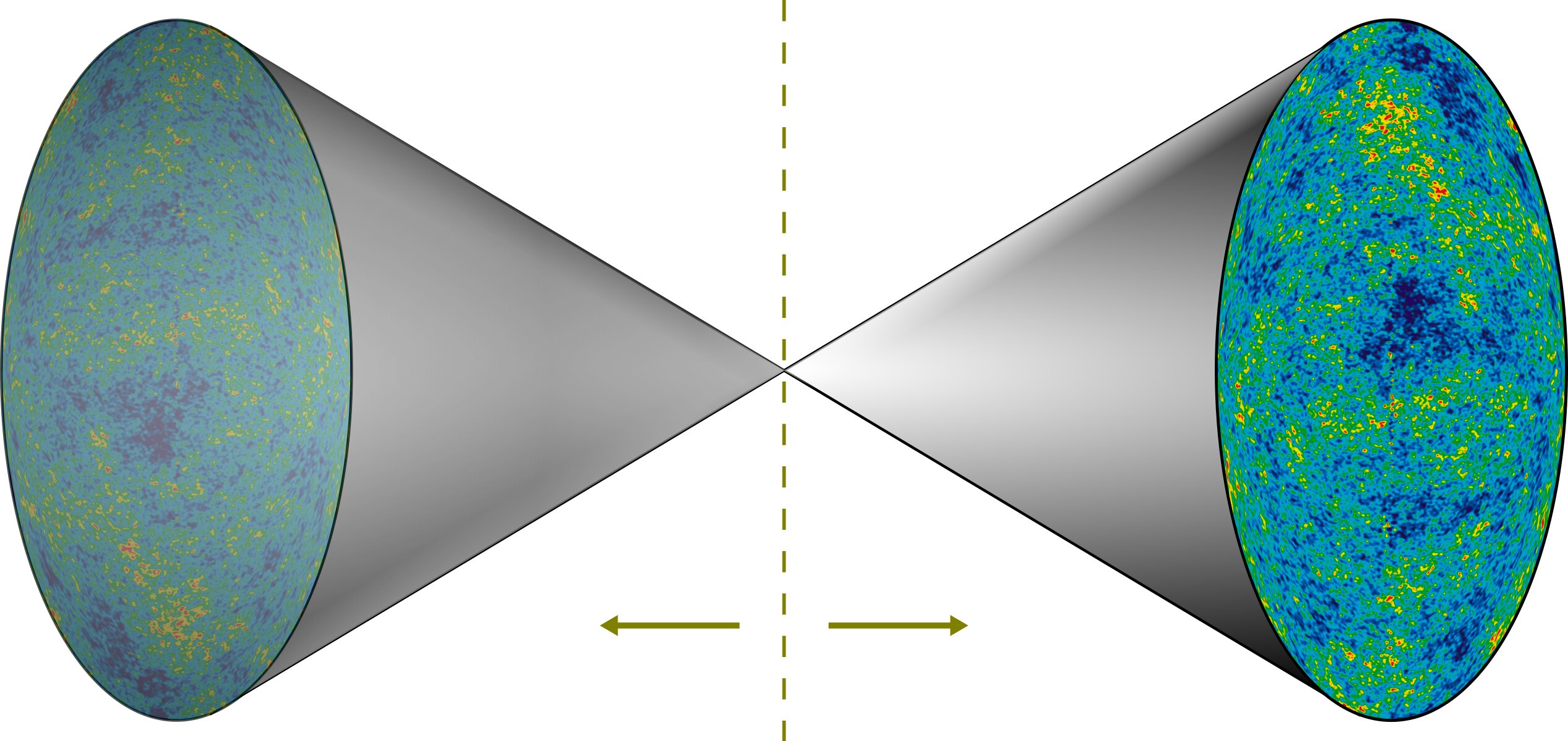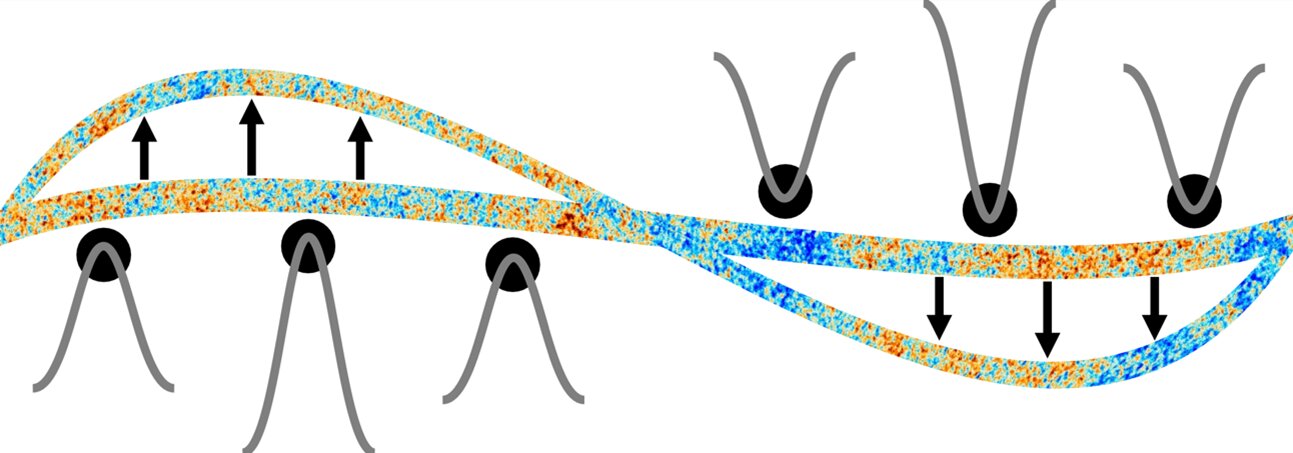Google can fully explain why Chromium browsers only quietly tell their websites about your CPU and GPU usage
Do you use a Chromium-based browser like Google Chrome or Microsoft Edge? Chances are it’s quietly telling Google all about your CPU and GPU usage every time you visit any of the search giant’s websites. As far as we can tell, the feature is for performance monitoring rather than tracking. After all, Google knows who … Read more








